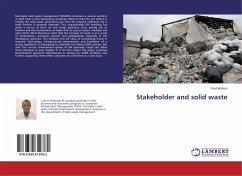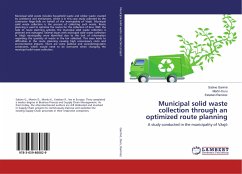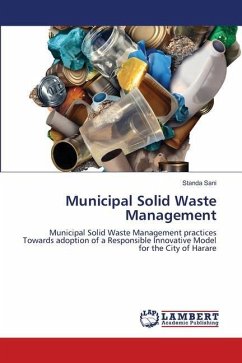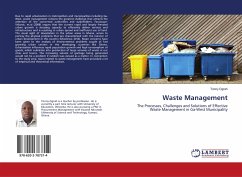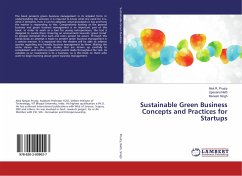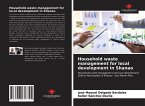Municipal solid waste management (MSWM) constitute a serious problem in most cities in the developing countries. Most of them do not collect in totality the solid waste generated and from the amount collected only a small fraction is properly disposed. This unsustainable SW handling has acted a source of land, air and water pollution, thus, posing risk to humans and the environment as waste find its way on street, roadside and open fields. Most literatures claim that the increase of waste is as a result of urbanization, economic growth and globalization especially in the developing countries. The situation has led cities to increasingly invest in research, technology, infrastructures improvement and formation of a strong legislation in attempting to refurbish the failing SWM systems. But with the current conventional system of SW approach might not allow these attempts to gain stability. It is for this reason this paper examines decentralized approach effectiveness in solving theSWM problems and further supporting these effort using the city of Nairobi as a case study.
Bitte wählen Sie Ihr Anliegen aus.
Rechnungen
Retourenschein anfordern
Bestellstatus
Storno

